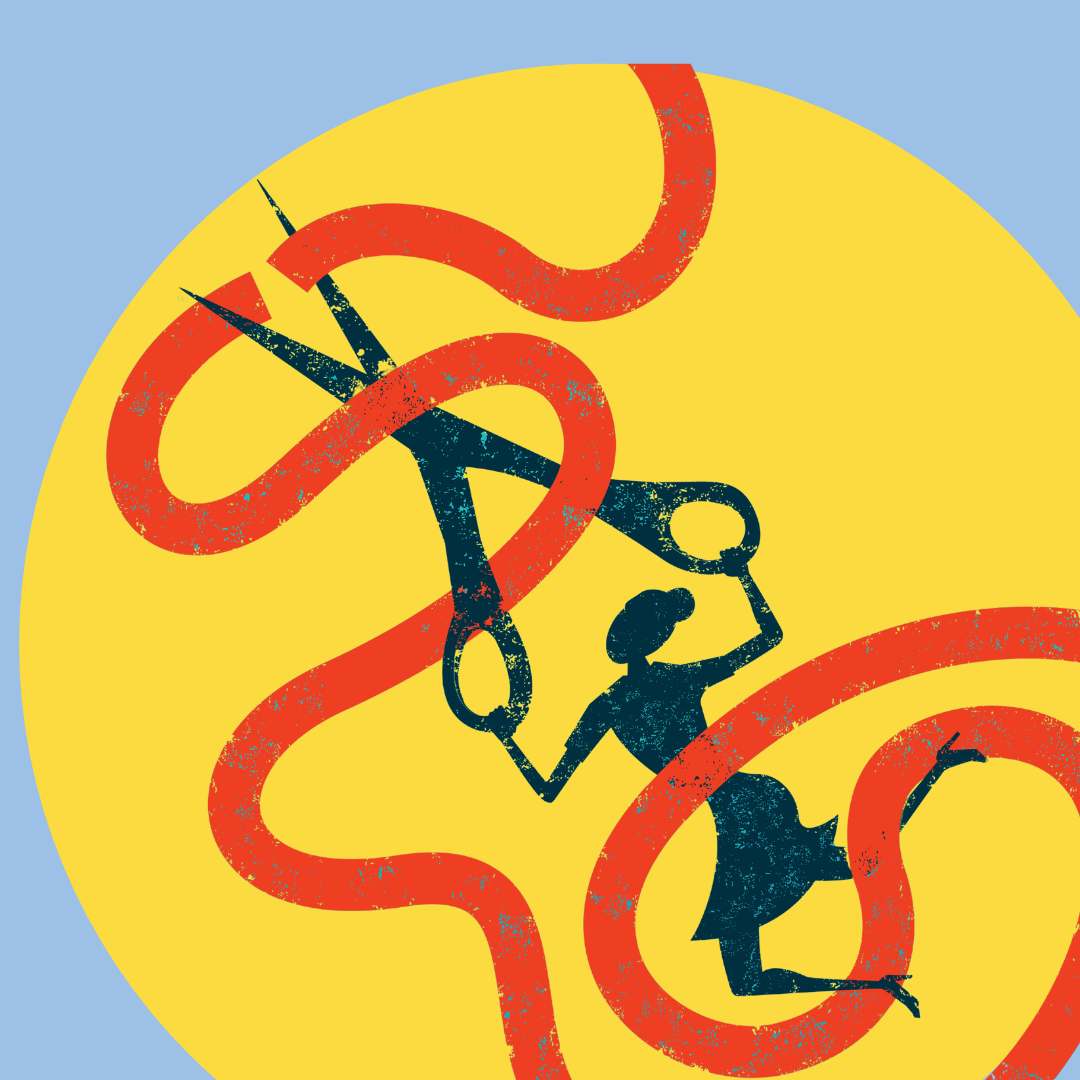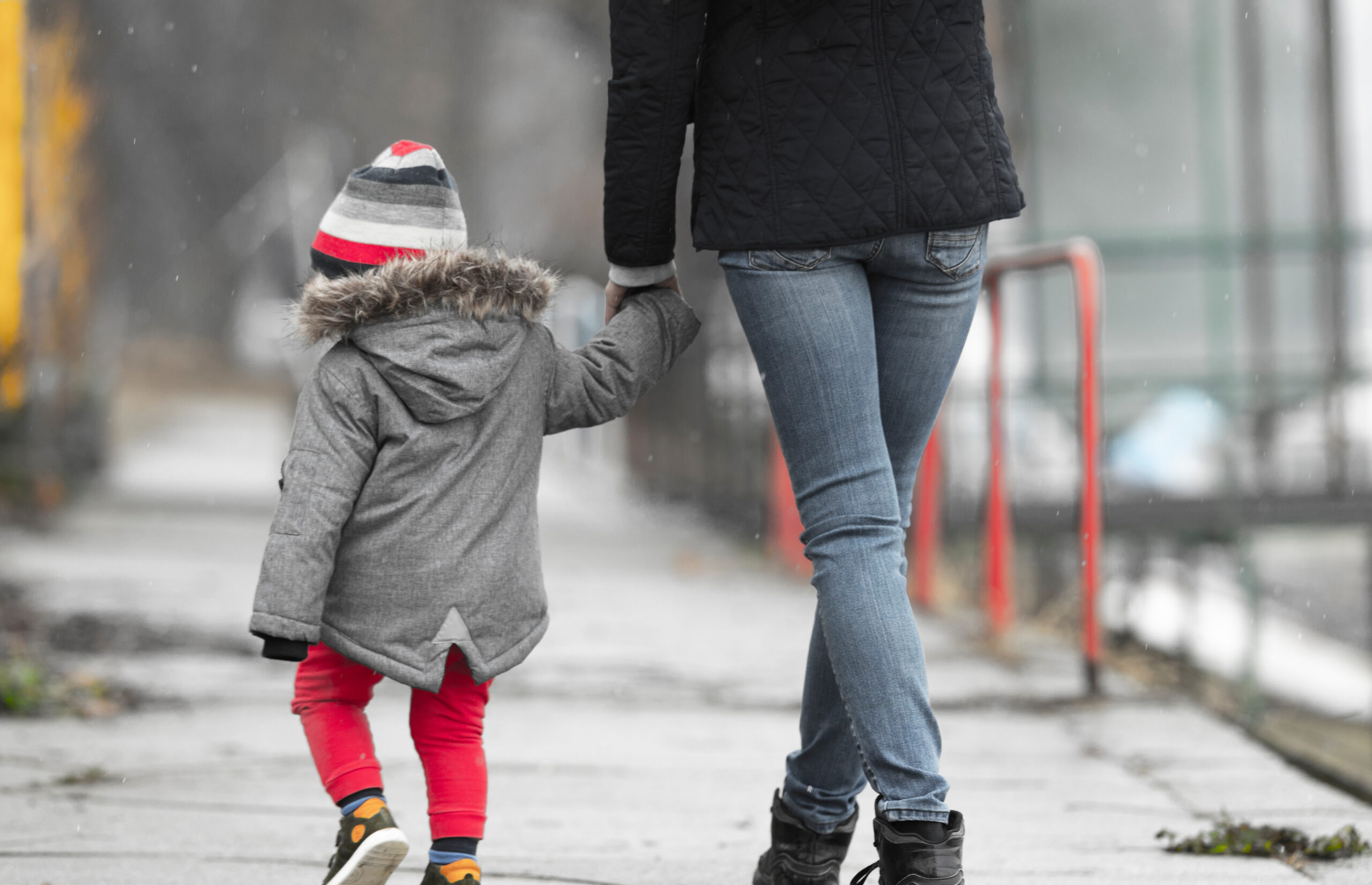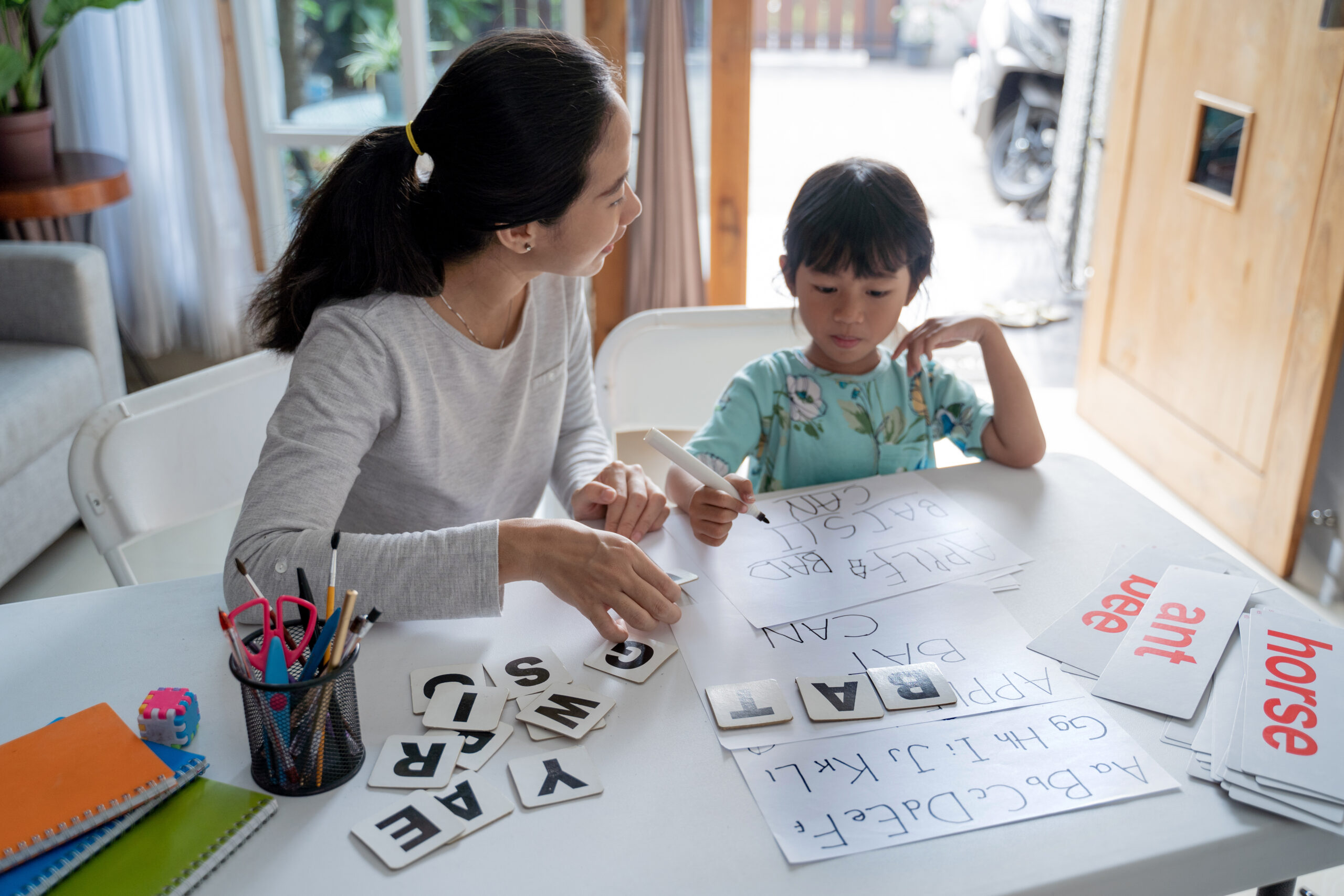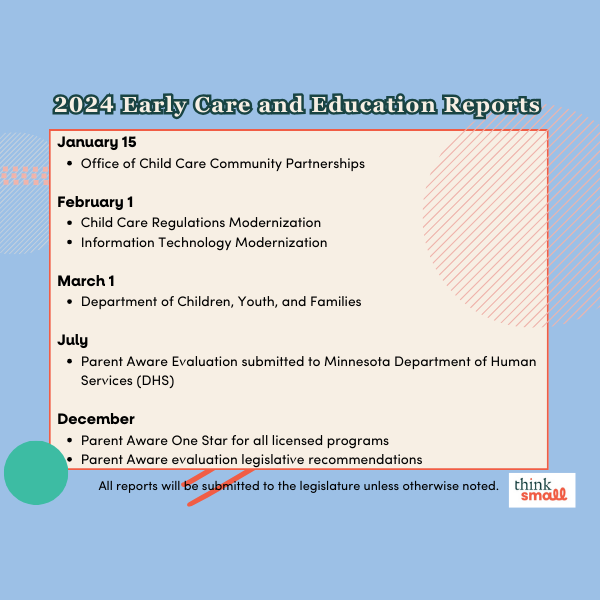 The 2017 Minnesota Legislative Session is underway! January Policy Hour brought us up to speed on the policy priorities of the organizations in the Minnesota’s Future coalition and the Voices and Choices for Children Coalition. Below is a brief overview of each organization’s platform, along with links to more in-depth explanations where available.Daniel Yang, Voices and Choices for ChildrenVoices and Choices for Children is a coalition that prioritizes the voices of organizations, advocates, and parents of color and American Indians working across early childhood sectors to more meaningfully engage and empower communities of color and American Indians. Their policy priorities for 2017 are:
The 2017 Minnesota Legislative Session is underway! January Policy Hour brought us up to speed on the policy priorities of the organizations in the Minnesota’s Future coalition and the Voices and Choices for Children Coalition. Below is a brief overview of each organization’s platform, along with links to more in-depth explanations where available.Daniel Yang, Voices and Choices for ChildrenVoices and Choices for Children is a coalition that prioritizes the voices of organizations, advocates, and parents of color and American Indians working across early childhood sectors to more meaningfully engage and empower communities of color and American Indians. Their policy priorities for 2017 are:
- Increased Investments in the Child Care Assistance Program
- No Mandatory BA Requirements for Early Childhood Teachers and Providers
- Establish Community Solutions Fund for Health Child Development
Minnesota’s Future Coalition MembersMinnesota’s Future is an alliance of nonprofit, nonpartisan early childhood and afterschool organizations. All member organizations have an active lobbying presence at the state Capitol. Find out more about Minnesota’s Future’s mission and members here.Child Care Aware of MinnesotaChild Care Aware of Minnesota wrote their first legislative update for the 2017 season. Read the update here. They also have a bill tracker that follows and reports on legislation related to early care and education and school age care issues.Minnesota Community Education Association (MCEA)The Minnesota Community Education Association provides leadership, resources, and support services needed to develop and sustain leading-edge Community Education programs and services. Early childhood priorities for MCEA in 2017:
- Ensure that Minnesotans have access to quality parent education through school-based Early Childhood Family Education (ECFE) programs
- School districts require flexibility to implement high-quality programs for three- and four-year-old children to best meet family and community needs
- Full program funding is needed, including for appropriate staffing, transportation, and facilities.
Gayle Kelly, Minnesota Head Start AssociationHead Start is a federally and state funded child and family development program, helping low-income families become self-reliant while also helping prepare their children for school success. For an up-to-date overview of the work Head Start is doing in Minnesota, view their 2017 Fact Sheet. Their policy priorities:
- Maintain $25 million state investment. Keep Pathway II Early Learning Scholarships which allows Head Start to serve children on their wait list.
- Support initiatives that address infrastructure and workforce needs. One option is to broaden Department of Employment and Economic Development grants for child care in Greater Minnesota. These grants are flexible enough to help build out more infant and toddler spaces where shortages are especially drastic.
- Head Start will continue to work for better dental access for young children. It will also support the work of other coalitions of which they are members.
Todd Otis, Think SmallThink Small works to advance quality care and education of children in their critical early years. We seek to increase access to high-quality early learning for low-income families. Our priorities:
- Increase the number of Parent Aware rated programs and allow programs to maintain or improve their Parent Aware ratings
- Better align public funds to increase the number of children receiving high quality early care and education
- Expand access for children, ages 1 to kindergarten entry, from families with low incomes to high-quality early care and education programs by advocating funding for flexible, parent-directed scholarships
- Improve Minnesota’s Child Care Assistance Program (CCAP) to assure more children from families with low incomes can access high quality care
- Support the sustainable career pathways of early learning professionals
Sara Benzkofer, MnAEYC-MnSACAThe Minnesota Association for the Education of Young Children (MnAEYC) and the Minnesota School-Age Care Alliance (MnSACA) are professional associations of early childhood and afterschool professionals. Their policy priorities:
- Support Working Families by Increasing Access to High-Quality Early Childhood and Afterschool Programs
- Support the Quality of Early Childhood and Afterschool Programs
- Support the Building and Sustaining of High-Quality Early Childhood and Afterschool Workforces
Laura LaCroix-Dalluhn, Minnesota Coalition for Targeted Home VisitingThe Minnesota Coalition for Targeted Home Visiting formed in 2009 to secure stable sources of public and private funding so that voluntary, targeted home visiting for new and expectant parents could be available statewide. Since that time, Coalition membership has grown to more than 40 organizations, including public and private home visiting providers, counties, children’s advocacy organizations, health plans, and funders. Priorities for this session:
- Increase access to targeted home visiting programs
- Support increased Medicaid reimbursement rates for all public health nurse home visits
Early Learning is a statewide issue that needs more resources. These organizations are working to improve the lives of children and families across Minnesota. While some are introducing their own legislation, they are also supporting initiatives of others. For more information or to get involved in advocacy, contact one of the organizations.







